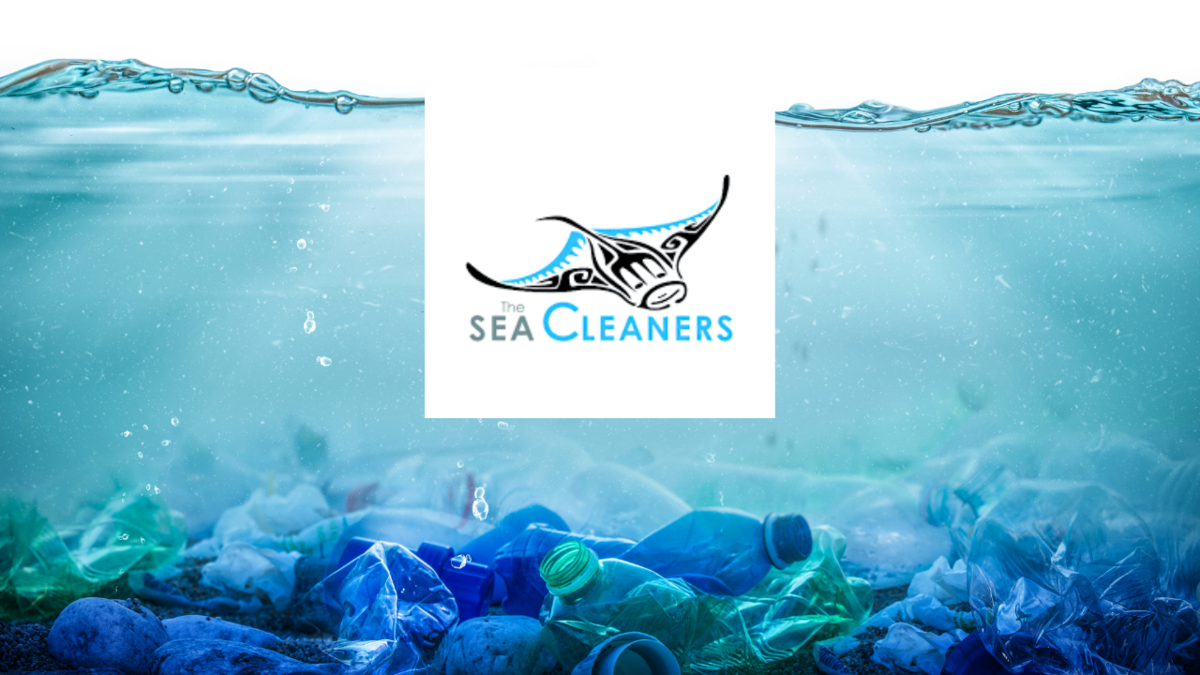Actualités • Nieuws van bedrijven
The SeaCleaners at the heart of the negotiations of the future ONU treaty against plastic pollution

From 29 May to 2 June, the 2nd round of negotiations of the Treaty, better known as INC-2 will take place in Paris.
This is an opportunity for The SeaCleaners to recall that our organisation, alongside most of the actors of civil society, supports an ambitious international objective in its objectives and its numbers to eliminate plastic pollution in all natural environments by 2040.
The goal is “zero direct discharge into the environment”.
To achieve this, this treaty, without putting plastics on trial, will have to cover the entire life cycle of plastics, and not just the issue of waste.
In the words of UNEP’s Executive Director, the aim of the GPT is to position itself as “the most ambitious multilateral agreement since the Paris Agreement“. Quite simply, not to miss out on history!
Achieving this objective of eliminating all plastic discharges into the natural environment by 2040 will require a significant improvement in waste management systems throughout the world to achieve 100% collection and repurposing, given the predicted growth in the volume of plastics to be treated and the current situation of their management, particularly in Asia and Africa.
The SeaCleaners' battles
The INC-2 conference in Paris aims to move the negotiations forward on substance, beyond governance issues, and to mandate the drafting of a first blueprint of the treaty in preparation for INC-3 in Nairobi in November.
Five key principles are already beginning to gain consensus
- Developing the circular economy
- Encourage eco-design
- Generalise the 3R approach (Reduce, Reuse, Recycle) and prioritise waste management methods
- Adopt the “polluter pays” principle
- Establish the precautionary principle, supported by scientific evidence on the subject of health.
Among the measures envisaged, The SeaCleaners is closely monitoring the development of the following points:
- A target and/or measures to reduce the production and consumption of virgin plastic raw materials
- A list of products or substances to be banned or restricted
- A focus on reducing problematic or unnecessary plastic products
- Development and harmonisation of eco-design standards/criteria/guidelines for circularity (reuse, recyclability)
- Definition of recyclability in practice and at scale
- Provisions on information on the composition of plastic products for all actors in the value chain.
As a member of the NGO coalition on the GPT, The SeaCleaners will have a place at the negotiating table, both on its own and in transnational and cross-sectoral alliances.